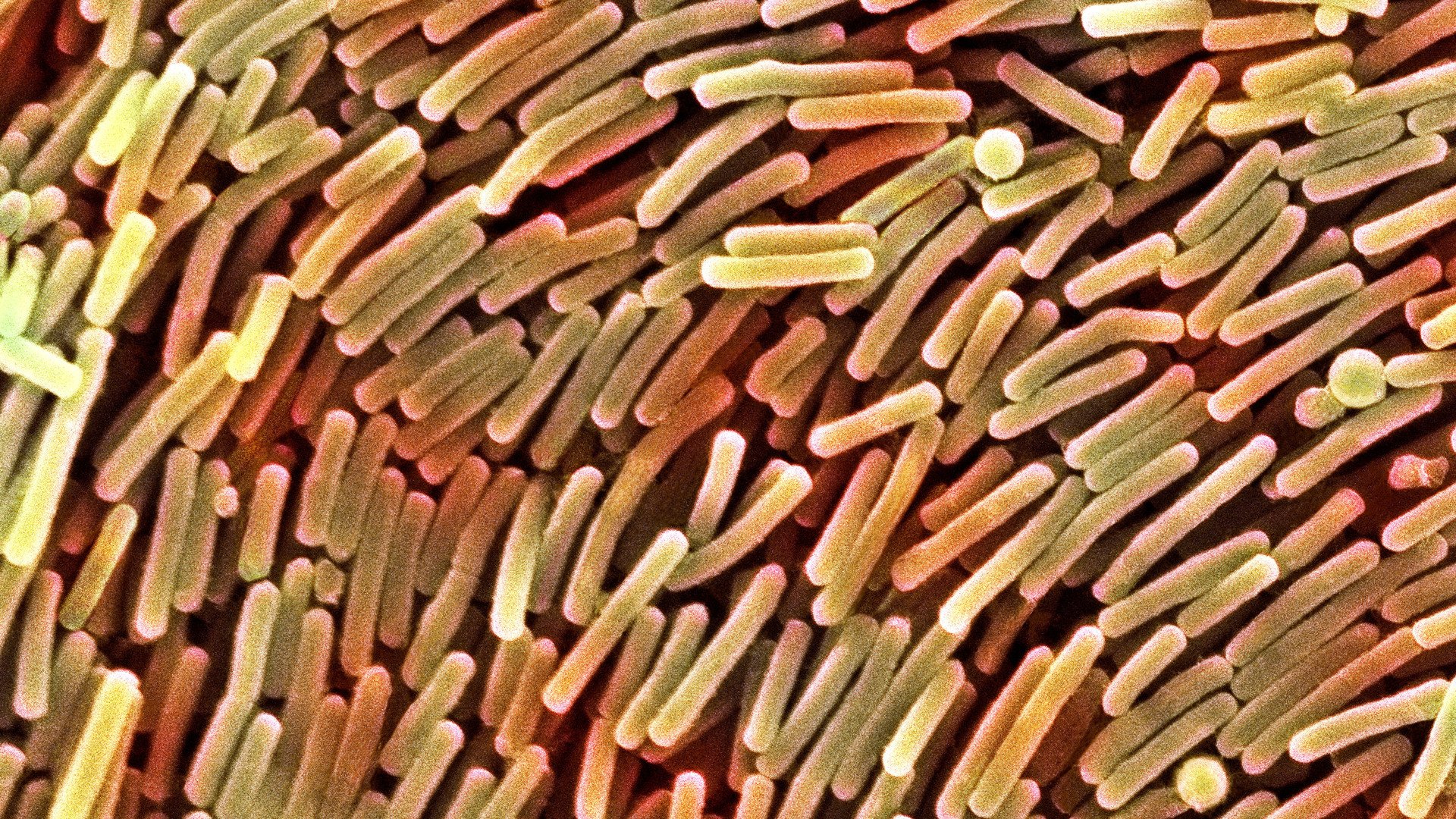Species-specific
Doctors often prescribe antibiotics for a bacterial infection, from which most people recover. However, antibiotics kill not only pathogenic bacteria but also the body's own bacteria, which are important for health. Many Clostridium difficile bowel infections are caused by using antibiotics. As these antibiotics also kill the benign bacteria, C. difficile can nestle in the vacant spaces in the bowel and spread. To prevent this from occurring, the researchers developed a treatment that attacks a specific bacterial species.
Antisense therapy
The most common antibiotic prescribed in the Netherlands for a C. difficile infection is Metronidazole. This medication damages the structure of the bacterium's DNA causing it to die. However, this occurs not just with C. difficile but also with other bacteria. The US researchers consequently developed antisense therapy. This medication consists of two components: antisense oligonucleotide, the component that attaches itself to the bacterial DNA and disrupts it, and the packaging material that releases the antisense oligonucleotide into the bacterium. The researchers aim to further improve this molecule, in which the medication is encased, to increase its capacity and effectiveness. The medication will subsequently be tested on humans.
Fecal transplantation
It will take some time before this technique becomes available. Until that time, patients suffering from a C. difficile infection will either be prescribed antibiotics or a fecal transplantation . The latter is a highly successful, new treatment, whereby the microbes in the bowels are replaced by microbes from donor poo. Want to find out what else poo can do? Join the Tour de Poo in Micropia.

